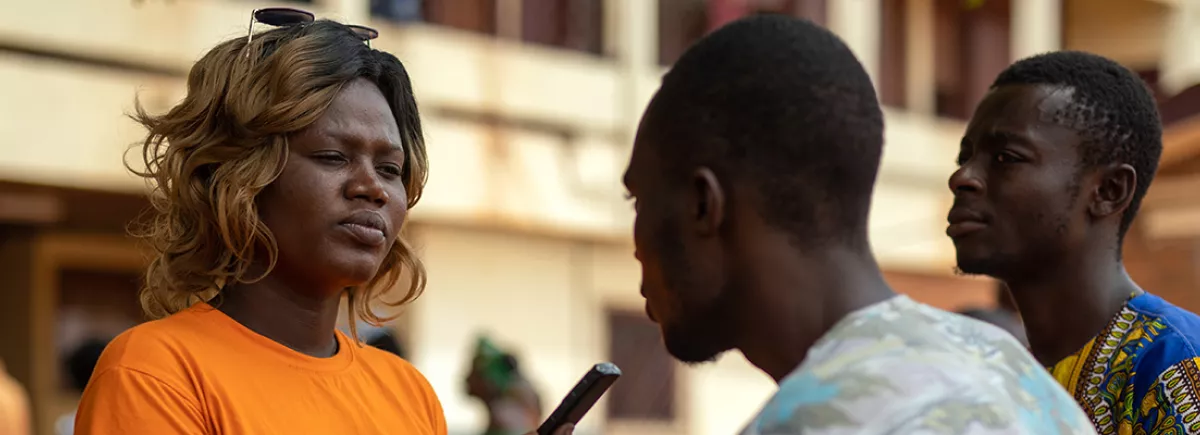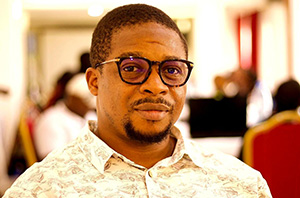
Acting to ensure verifiable information
Related project
Desinfox AfricaInternational Fact Checking Day on 2 April provides an opportunity for CFI to restate its prioritisation of the fight against misinformation.
Fake news poses unprecedented global challenges when it comes to the ability of populations to access reliable and quality information. It is seen as a key factor in instability and social disorder in a growing number of countries.
CFI has been committed to combating misinformation for a number of years now. Through its projects conducted mainly in Africa and the Arab world, but also in the Balkans, Ukraine or South East Asia, the agency actively participates in combating the sharing of false or incorrect information.
This inclludes action takes the form of fact-checking training for media outlets, the deployment of national referents specialising in fact checking, the setting up of personalised support for the production of qualitative content, the establishment of networking for journalists and support for the creation of sections devoted to fact checking. These actions boost the professionalism of journalists and make it possible for populations to access reliable and verified information./p>
What is "fake news"?
Fitting in somewhere between news and brainwashing, fake news is false or deliberately biased information disseminated with the aim of manipulating or deceiving an audience. It can take the form of a lie, slander, the false attribution of a quote, a fabricated article, a photo that has been retouched or taken out of context or even the creation of a fake profile on social media.

 It all started in 2016 when I responded to the call for applications for the OpenData Média project. It was as a beneficiary of this project that I started to work with CFI, where I was shown the ropes of the exciting role of data journalist and the principles of open data. Having gained several years of experience in the field, I was offered the opportunity to become a trainer in the areas of data journalism and the fight against fake news. Today, I am proud to support journalists from Cameroon and the Central African Republic, as well as from other nations on a more ad hoc basis, in the creation of content aimed at combating misinformation and hate speech online. The training sessions are often animated, since the journalists are eager to learn and gain professional skills from us.
It all started in 2016 when I responded to the call for applications for the OpenData Média project. It was as a beneficiary of this project that I started to work with CFI, where I was shown the ropes of the exciting role of data journalist and the principles of open data. Having gained several years of experience in the field, I was offered the opportunity to become a trainer in the areas of data journalism and the fight against fake news. Today, I am proud to support journalists from Cameroon and the Central African Republic, as well as from other nations on a more ad hoc basis, in the creation of content aimed at combating misinformation and hate speech online. The training sessions are often animated, since the journalists are eager to learn and gain professional skills from us.
It also provides an opportunity to meet open-minded people and to get involved in innovative projects that challenge the position of the usual editorial lines
Paul-Joël Kamtchang, data journalist and trainer in misinformation and data journalism


